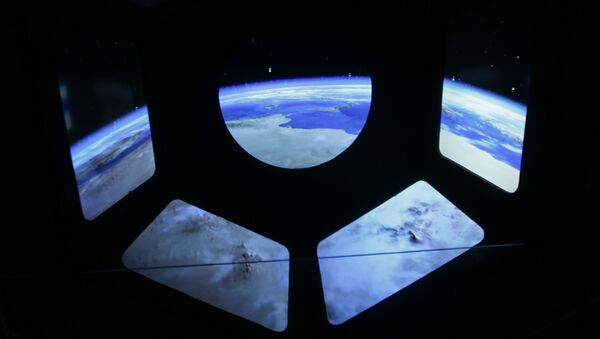On Sunday, March 20, workers began construction of a 30,000-square-meter research facility, a 10,000-square-meter ultra-quiet cave laboratory and a 5,000-square-meter observation station at the university’s premises in the city of Zhuhai, according to Xinhua News Agency.
Once completed, the ground elements will eventually be supplemented by a trio of high-orbit satellites that will actually detect gravitational waves and relay the collected data to the research facility for analysis.
Meanwhile, the university has also started recruiting researchers from other countries for the project in order to make it more competitive.
Tianqin project has an estimated cost of about $2.3 billion and will be carried out in four stages over the next 15 to 20 years, according to Li Miao, dean of the university’s Institute of Astronomy and Space Sciences.


